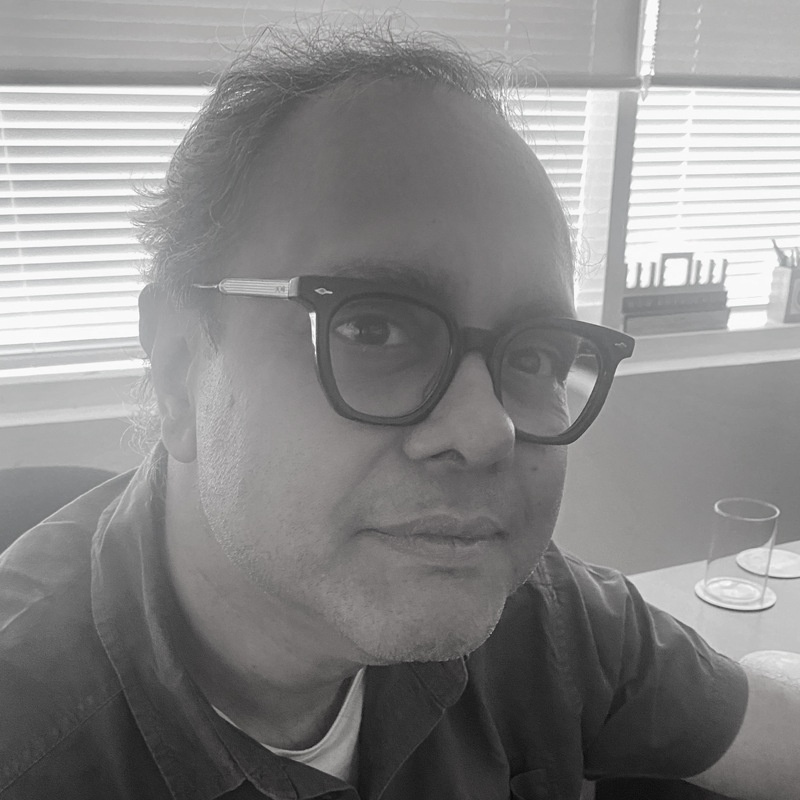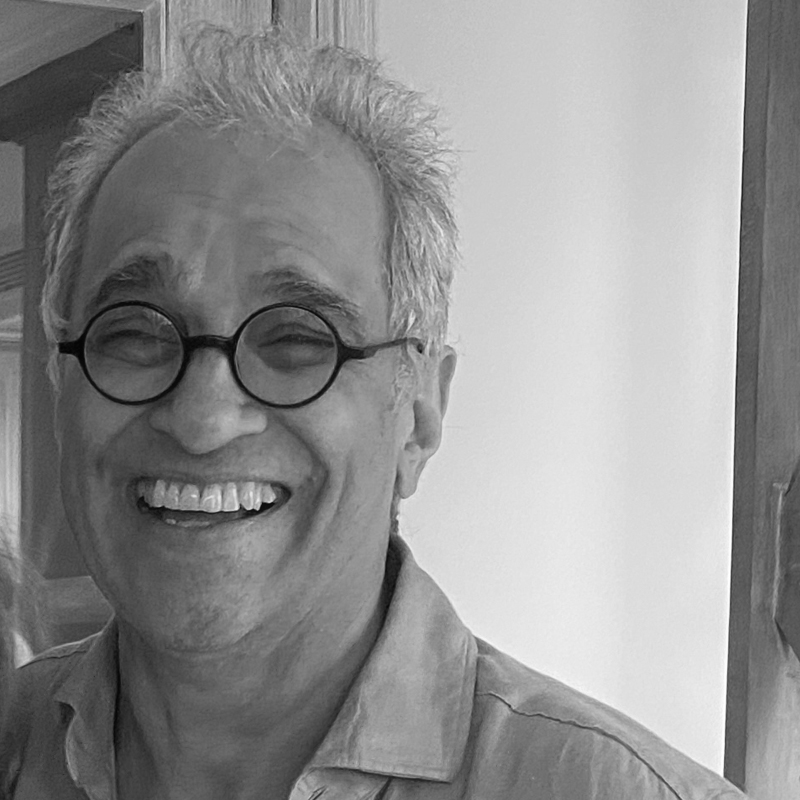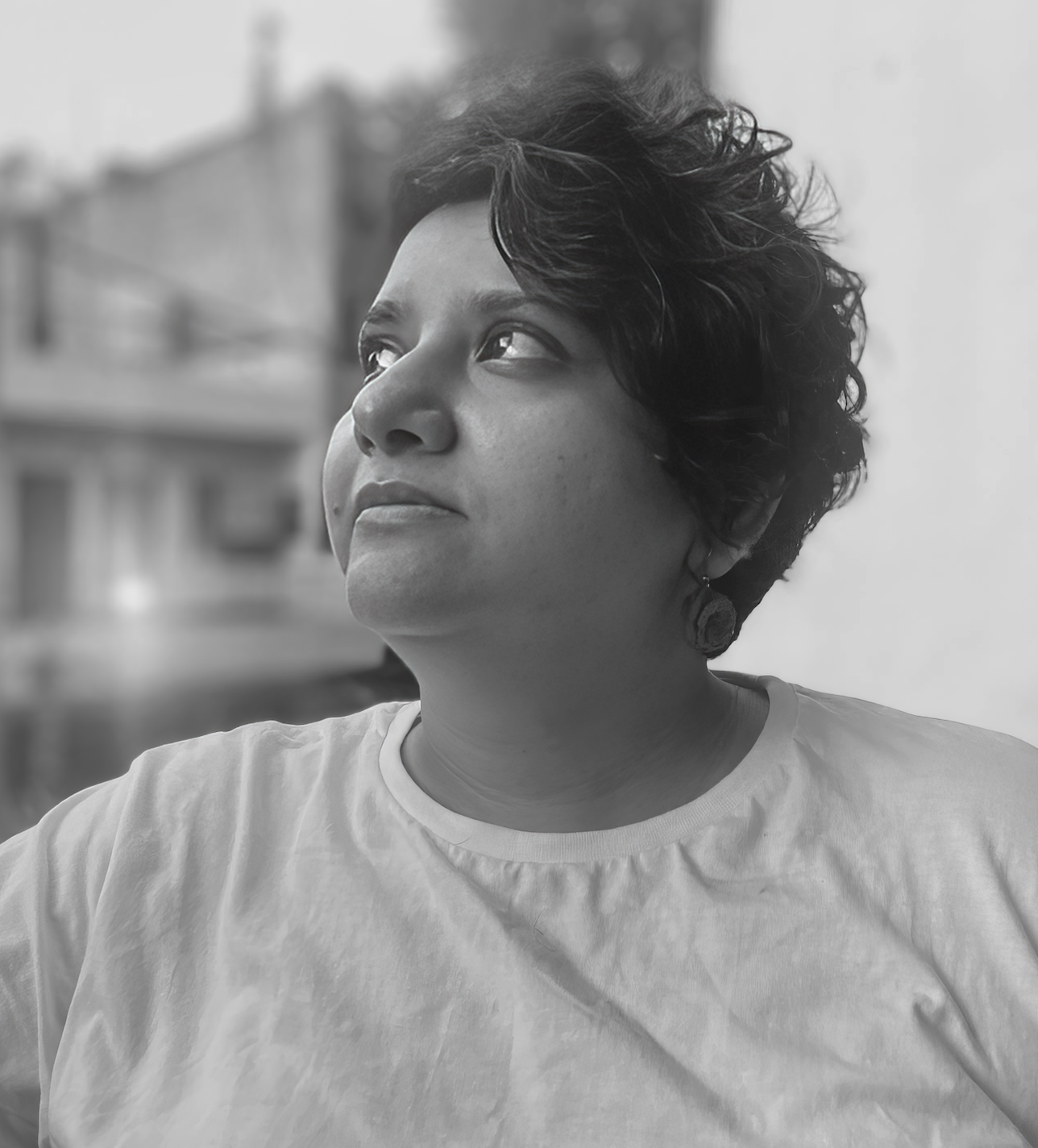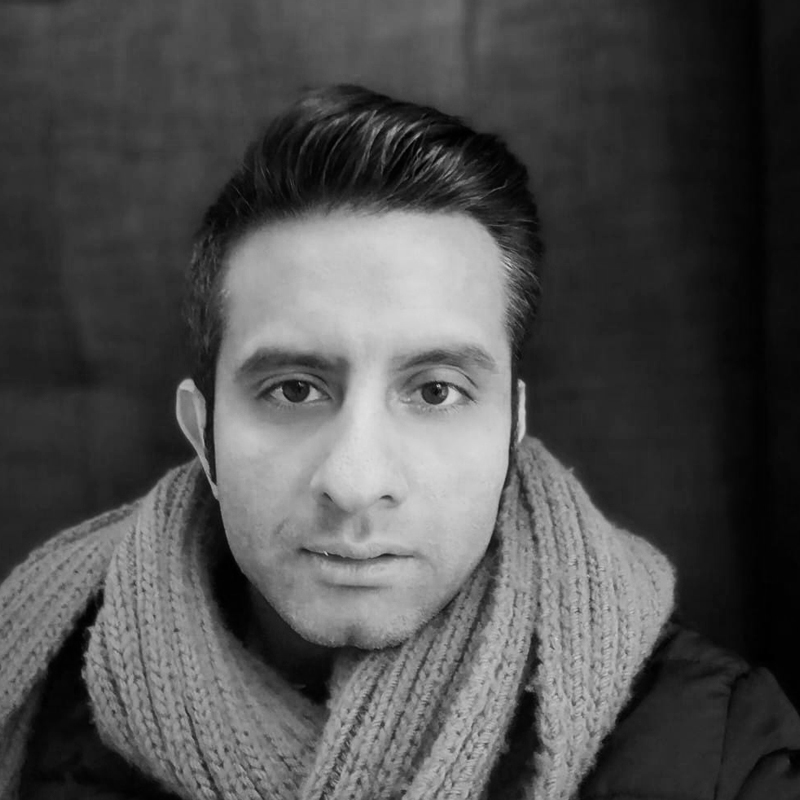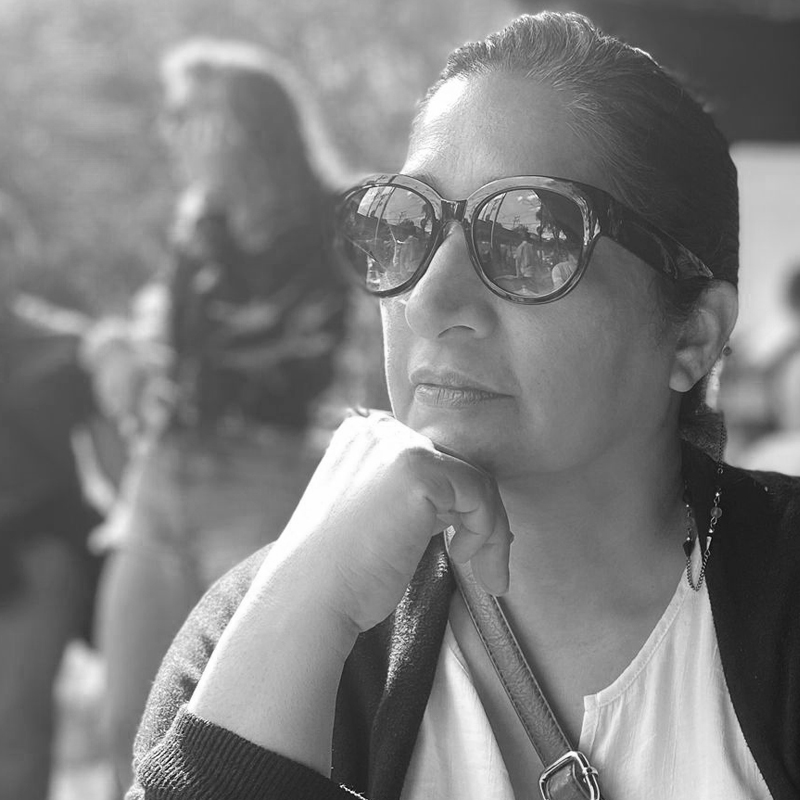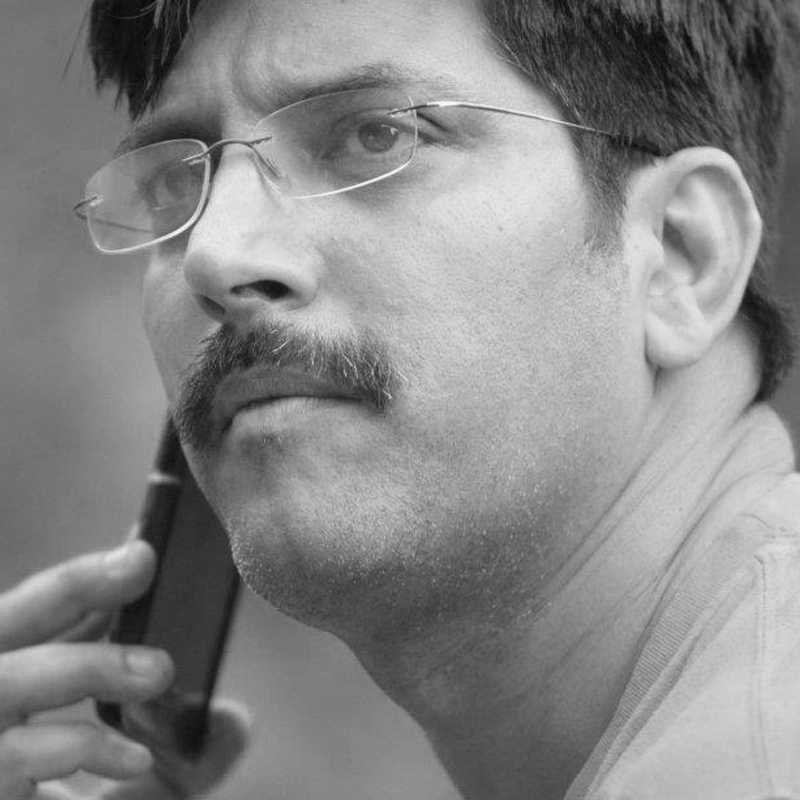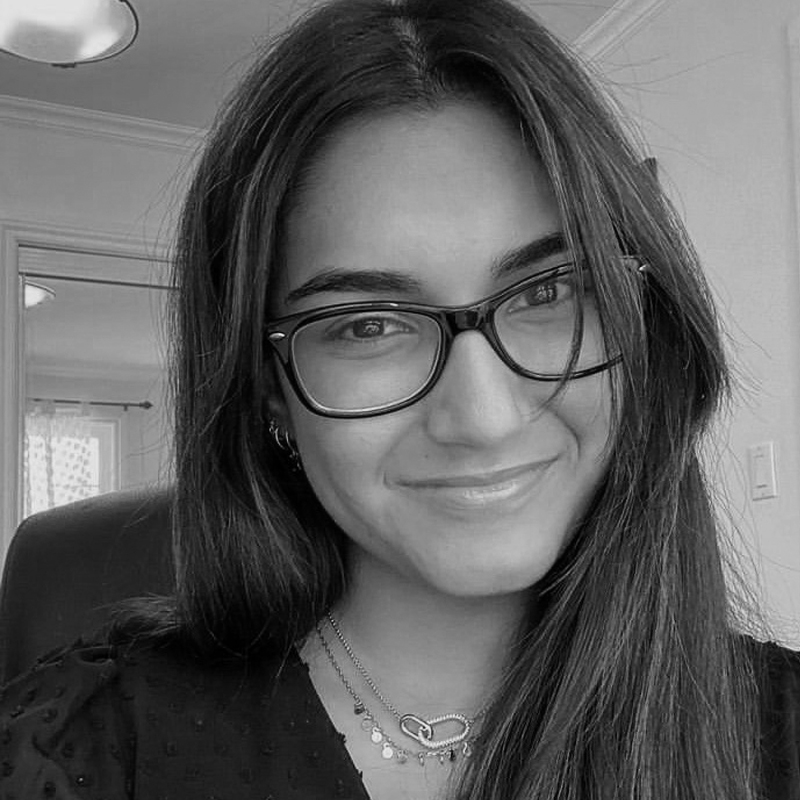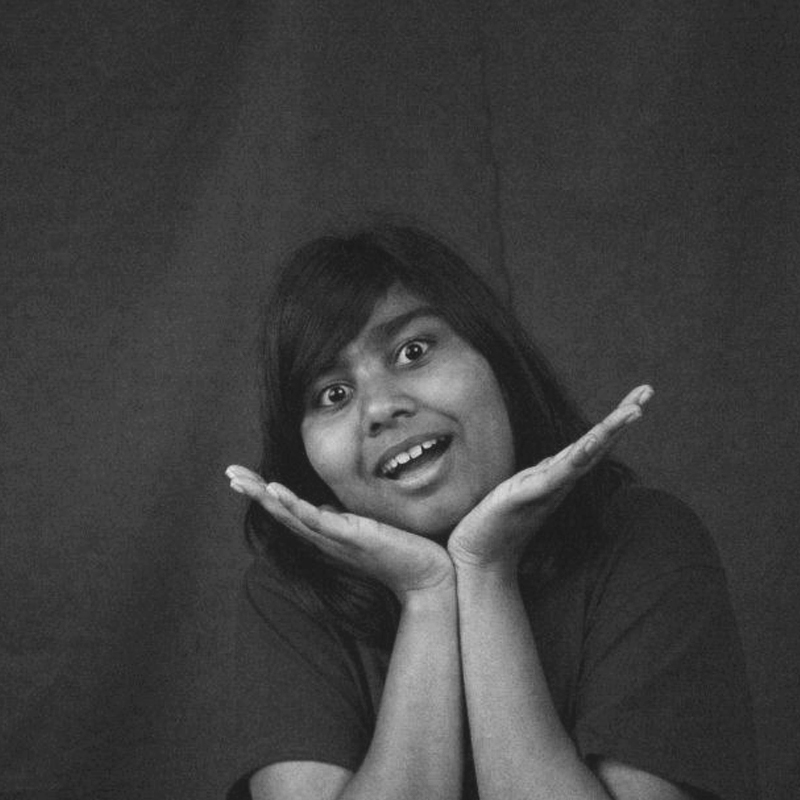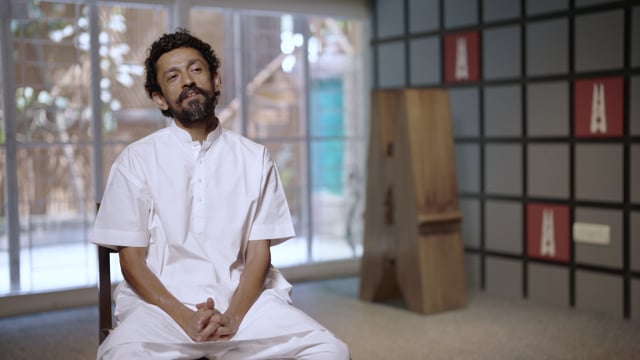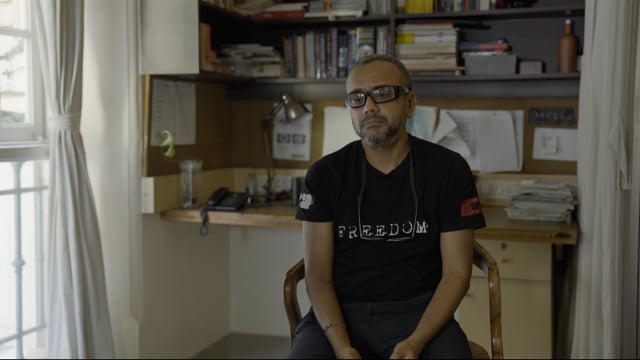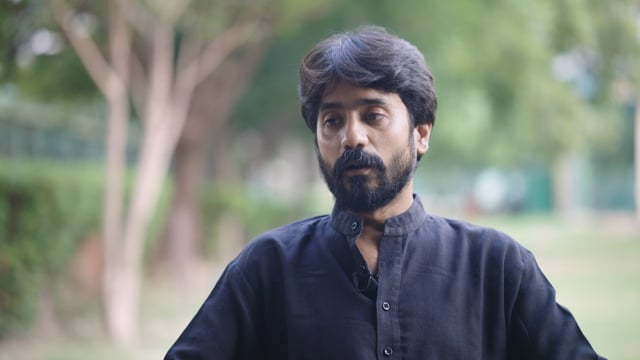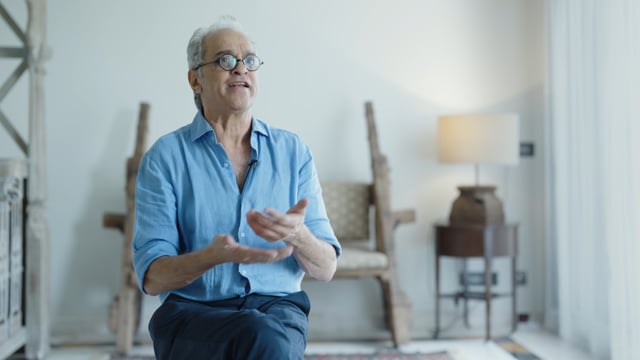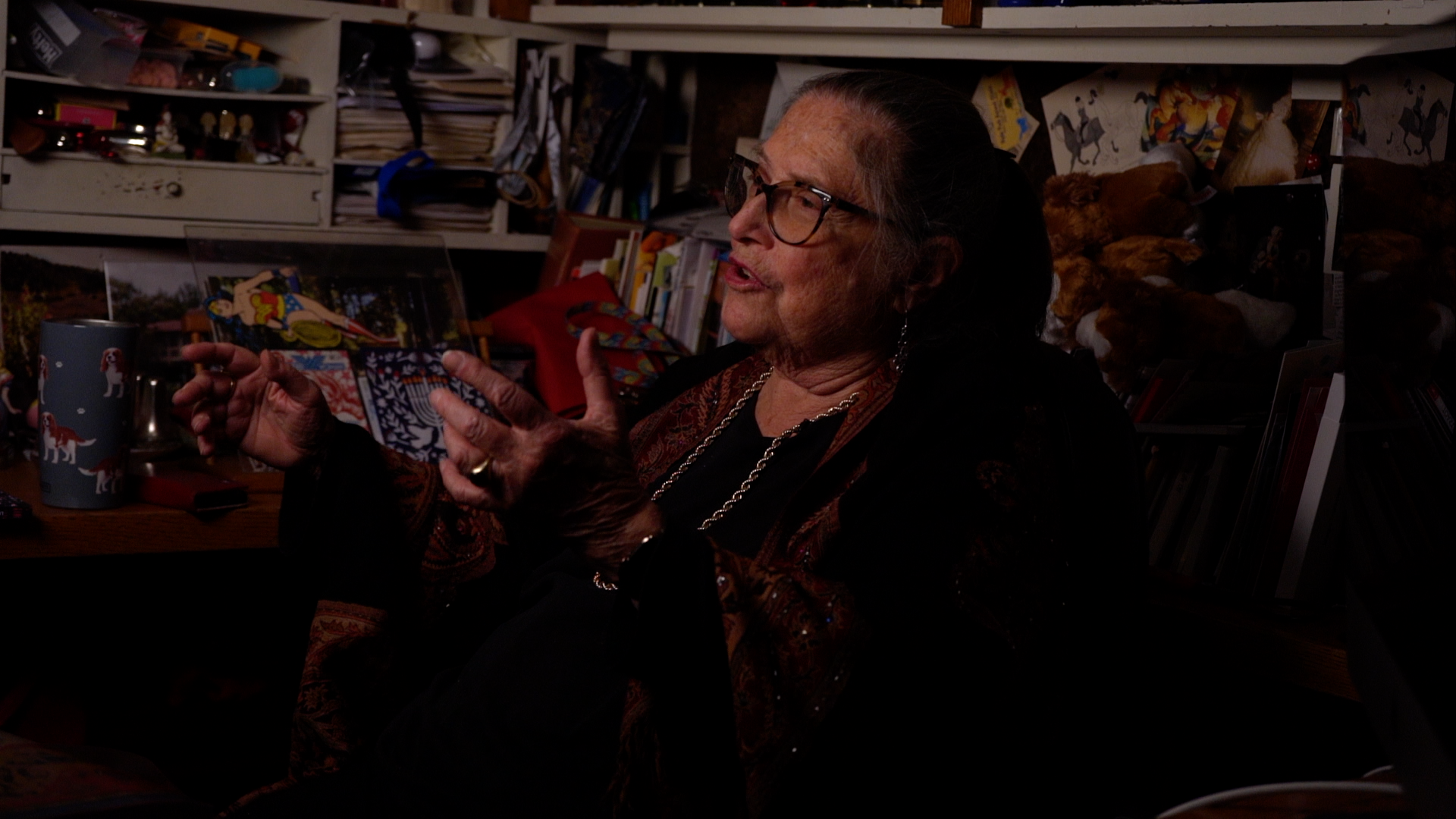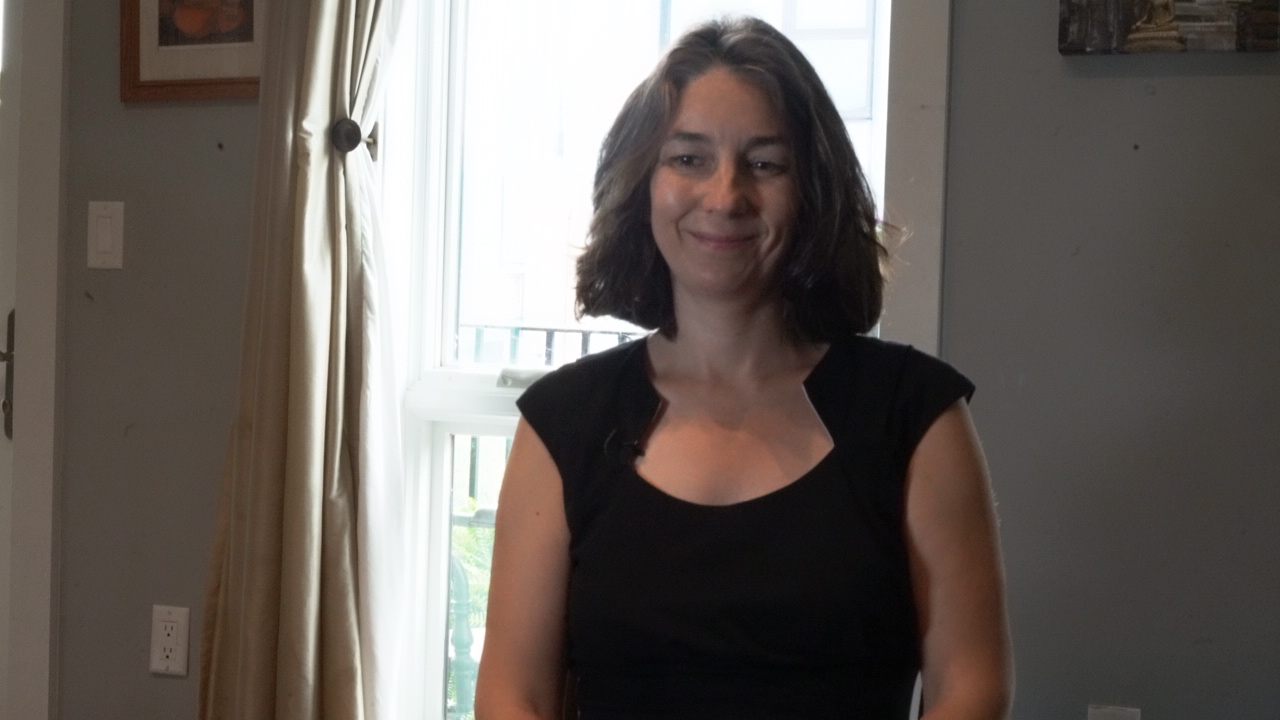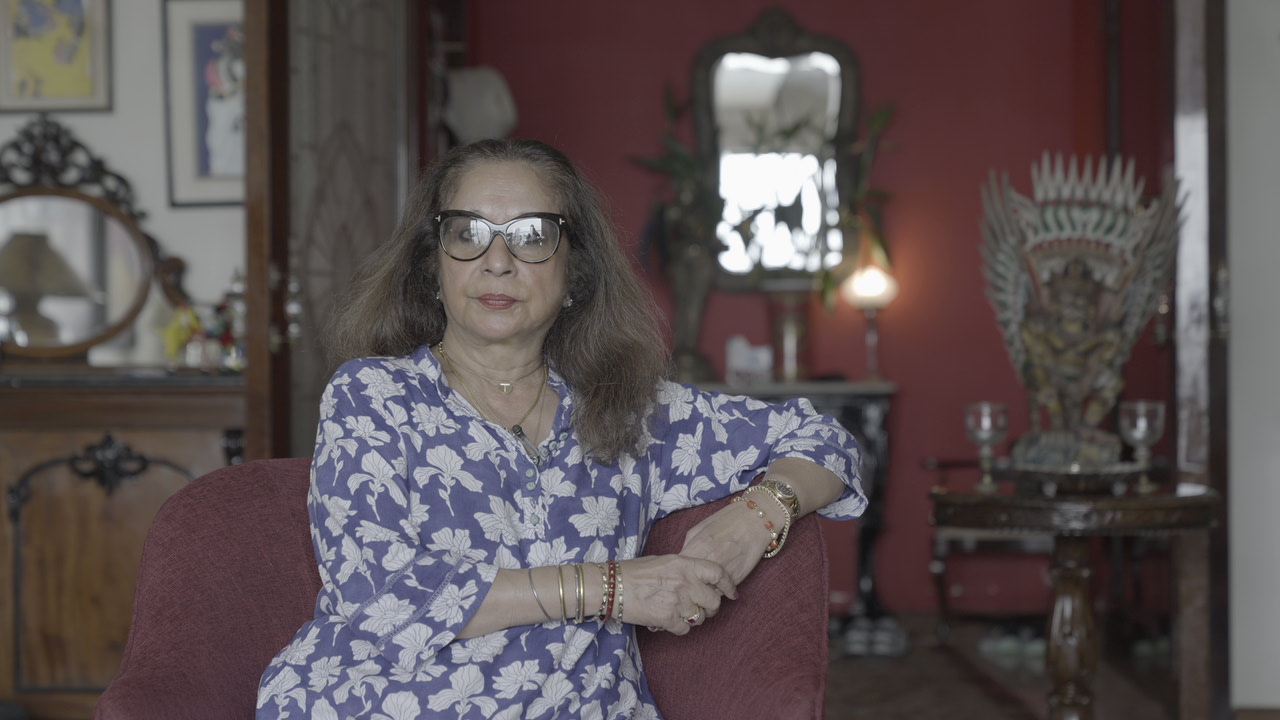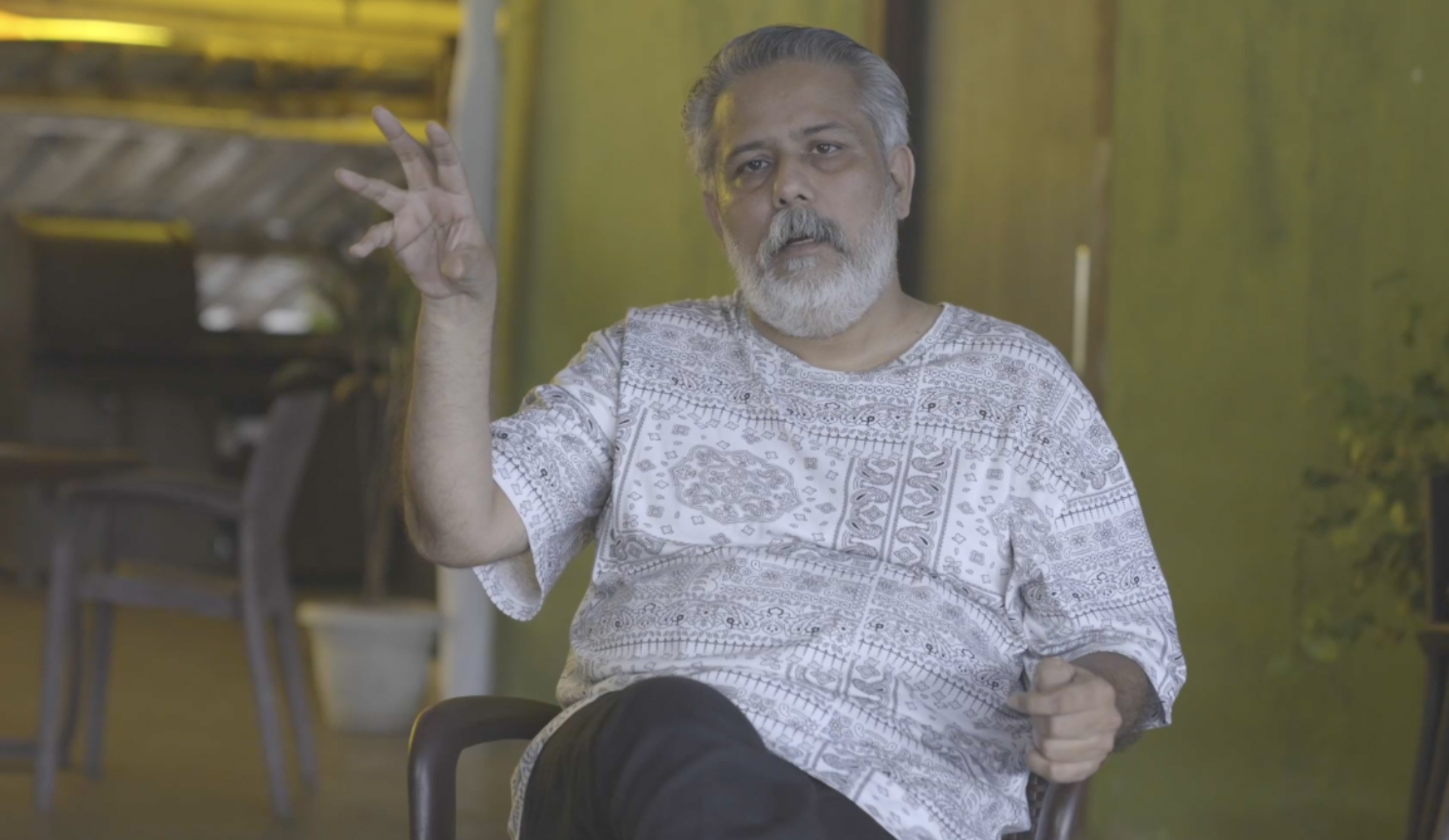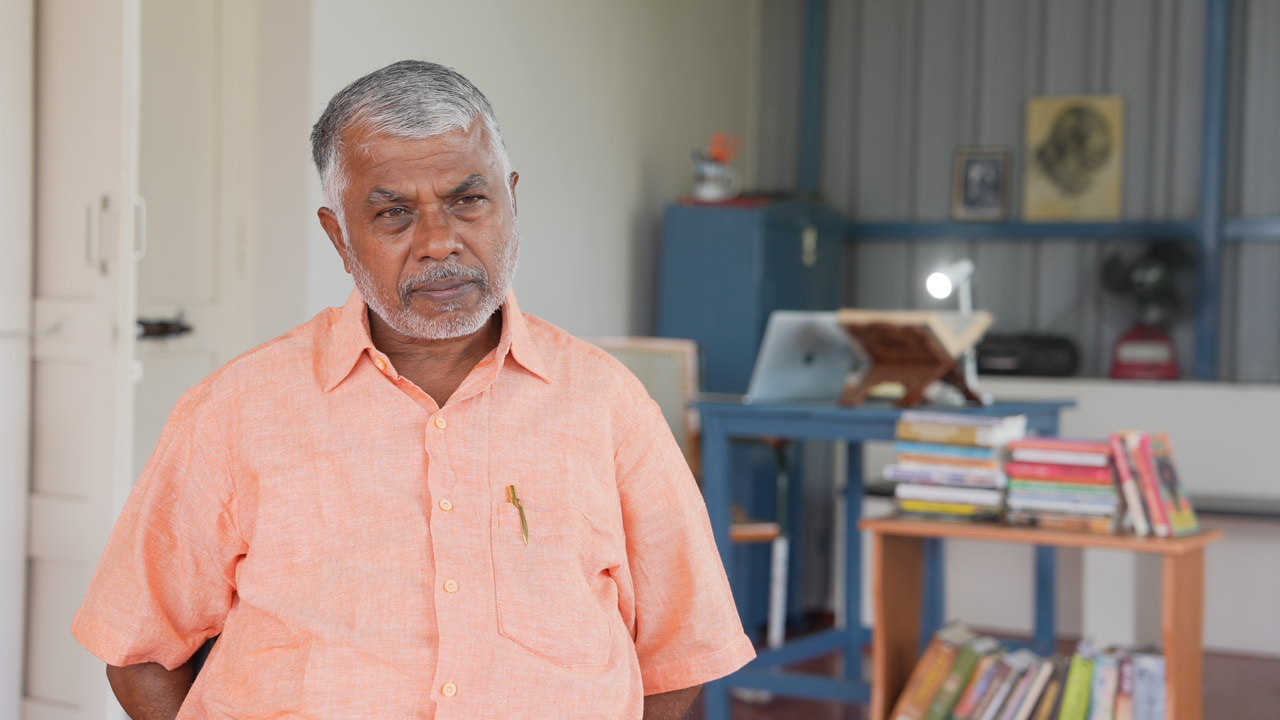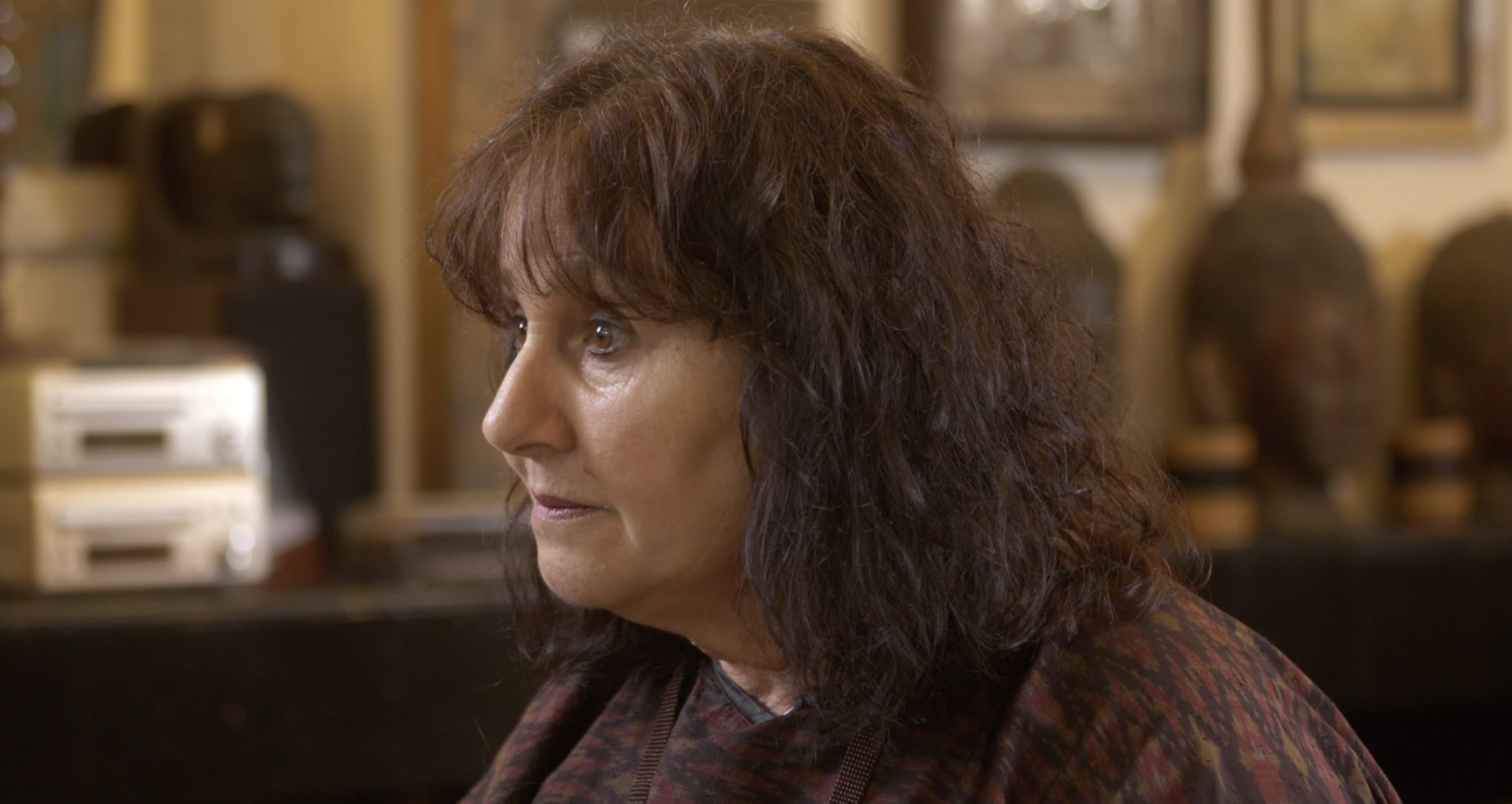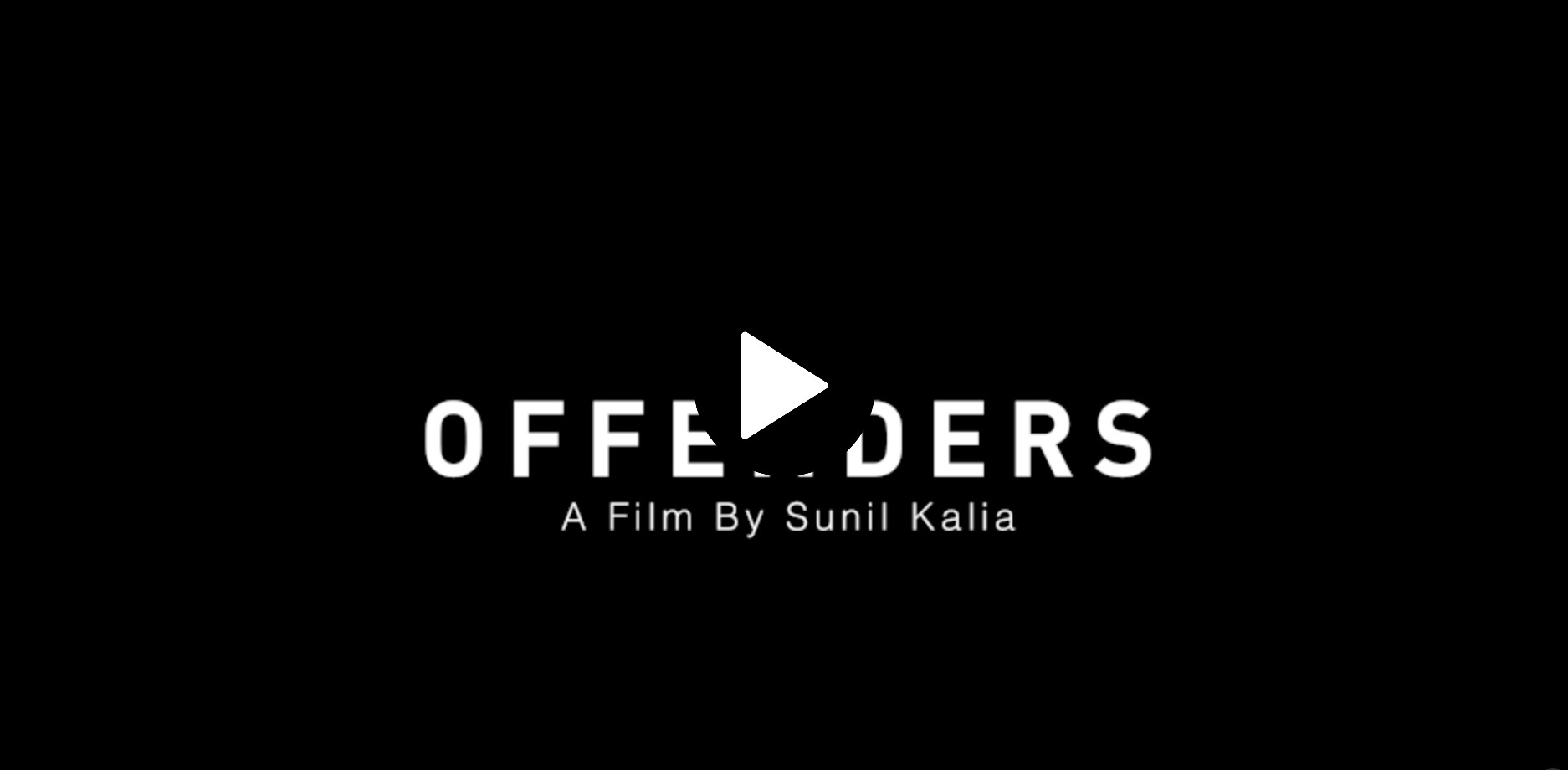synopsis
“Offenders” delves into the complex landscape faced by artists, writers, comedians, and filmmakers in contemporary India as they boldly challenge the limits of free expression. Against the backdrop of a state asserting Hindu hegemony, curbing press freedom, and suppressing dissent, a hostile environment emerges.
Quoting Salman Rushdie’s impactful words, “Free speech is the whole thing, the whole ball game. Free speech is life itself,” Offenders calls on us to support the rights of artists who are driving change and challenging the status quo. The instances where writers face exile for dissenting words, declare literary obituaries, comedians land in jail for untold jokes, and films are banned, while scholars endure harassment and trolling—all highlight the imminent threat to fundamental free speech rights.
In a climate marked by persecution and censorship, “Offenders” serves as a call to action, urging us to defend the essential space for creativity and dissent in our society. The documentary vividly portrays the struggles artists endure, compelling us to stand up for their right to contribute to India’s diverse and dynamic artistic landscape.
.
-
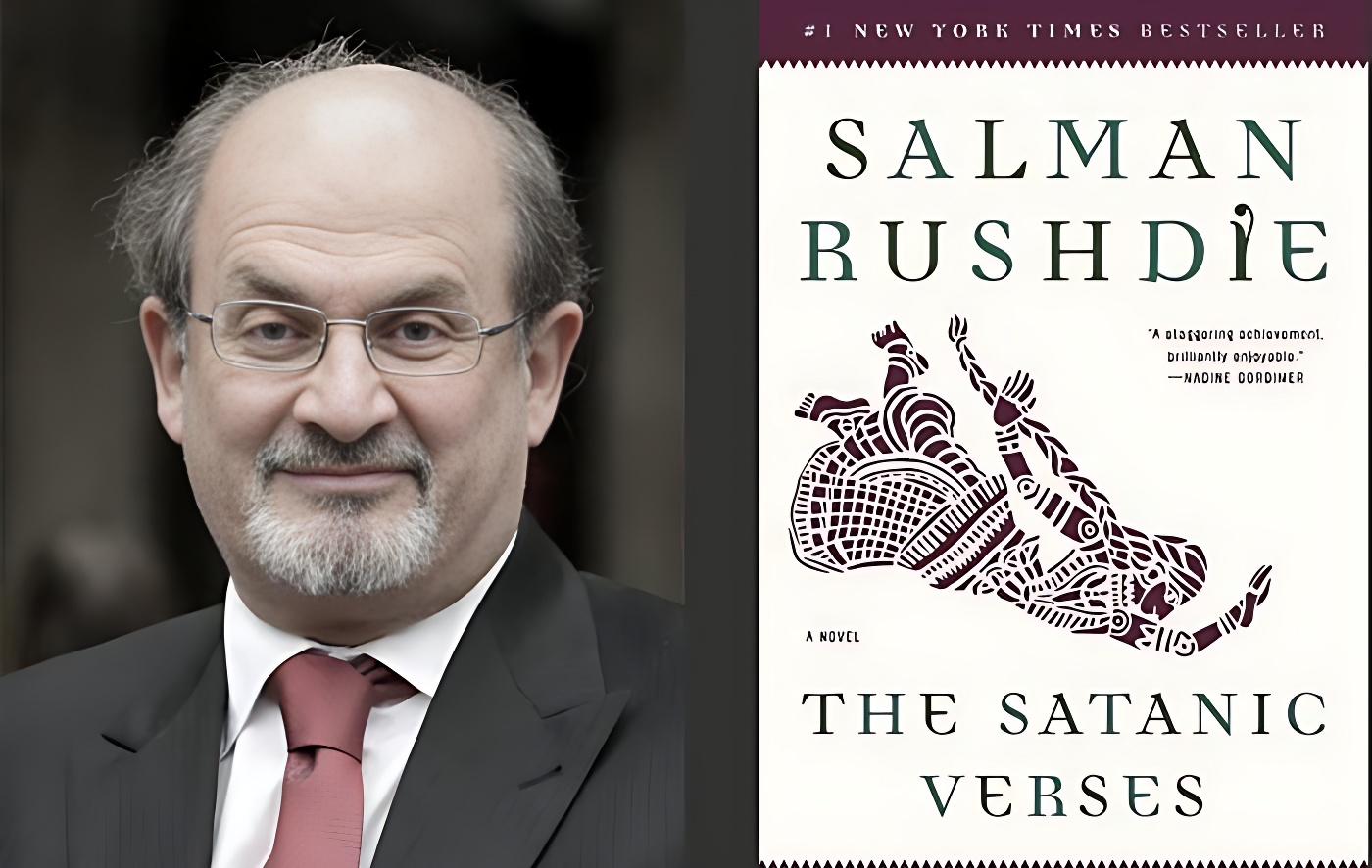
Book
The Satanic Verses
In 1988, The Satanic Verses by Salman Rushdie was banned in India after protests by Muslim groups who deemed it to be blasphemous. The ban sparked a debate on free speech, with some arguing that it was necessary to prevent communal violence while others saw it as a violation of the right to freedom of expression. In 1993, Rushdie was attacked in New York by assailants believed to be connected to an Iranian religious foundation. The attack intensified the debate on artistic freedom and raised questions about the safety of artists who express controversial views. Despite the passage of time, the ban on The Satanic Verses and the attack on Rushdie continue to be contentious issues. On August 12, 2022, a man stabbed novelist Salman Rushdie multiple times as he was about to give a public lecture in New York.
-
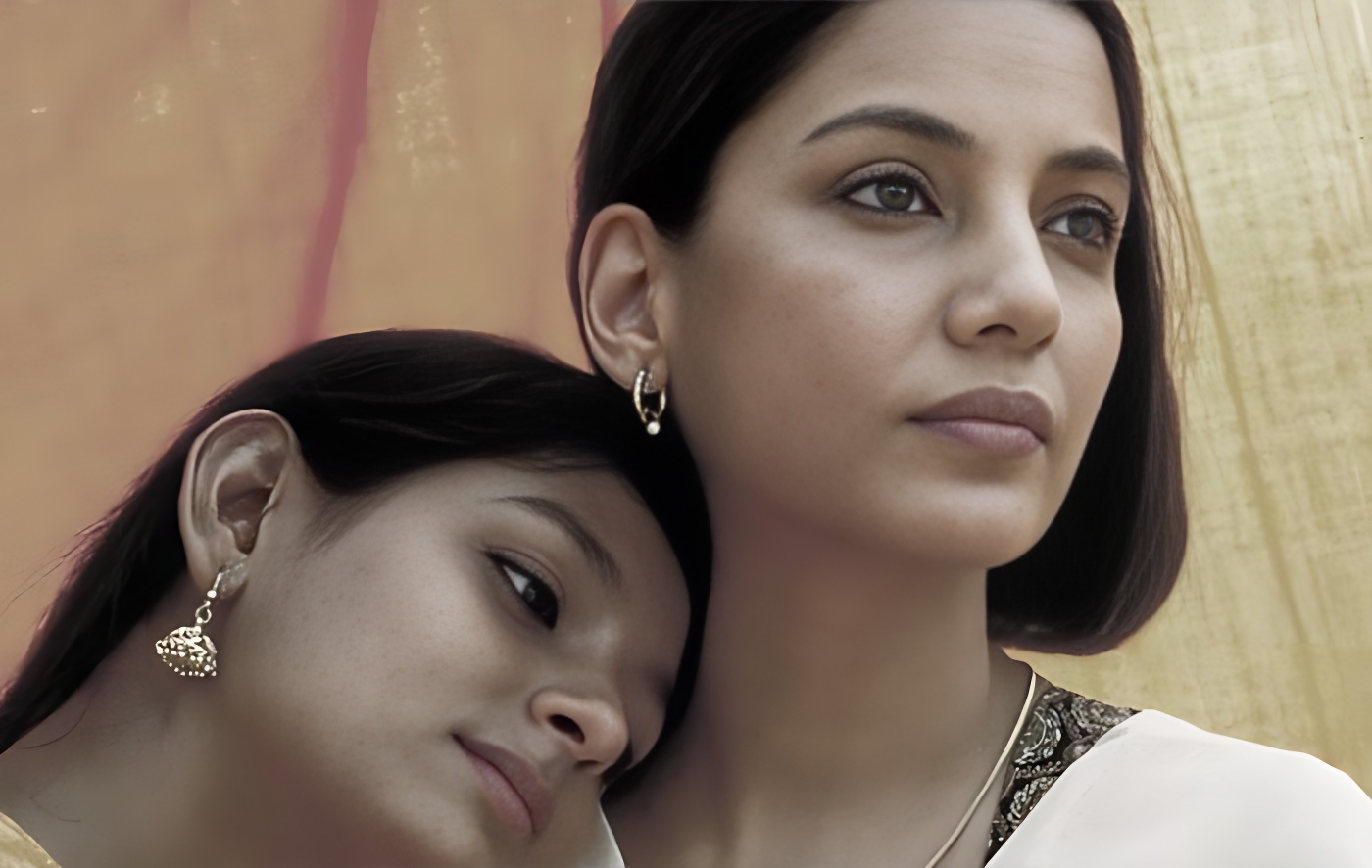
Film
Fire
Deepa Mehta’s 1996 film, “Fire,” was banned in India after protests from conservative Hindu groups who objected to its portrayal of a lesbian relationship. The ban sparked a debate on free speech and artistic expression, with some arguing that it was necessary to prevent social unrest while others saw it as a violation of individual rights. The controversy surrounding “Fire” and its ban highlighted the complex and contentious issues surrounding censorship, freedom of expression, and cultural sensitivity in India.
Even today, it is often cited as an example of the ongoing struggle between conservative cultural values and the right to free speech and creative expression.
-
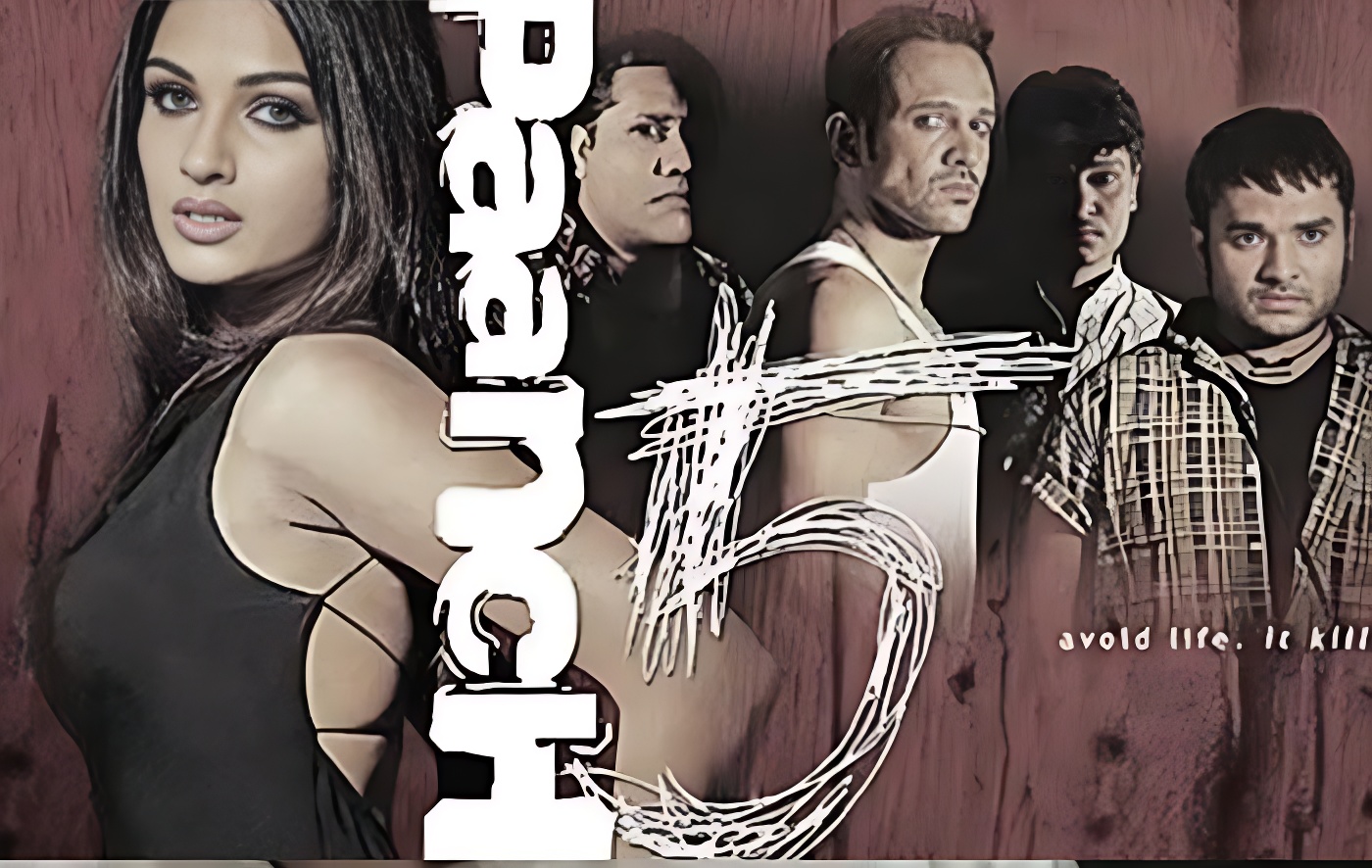
FILM
Paanch
Anurag Kashyap’s 2003 film, “Paanch,” was banned in India by the Central Board of Film Certification (CBFC) on the grounds of excessive violence, sexual content, and drug abuse. The decision was controversial and sparked a debate on censorship and artistic freedom, with some arguing that the ban was necessary to maintain cultural sensitivity and others calling it a violation of individual rights. Despite attempts to appeal the ban, “Paanch” remains banned in India to this day, highlighting the ongoing struggle between artistic freedom and social conservatism.
-
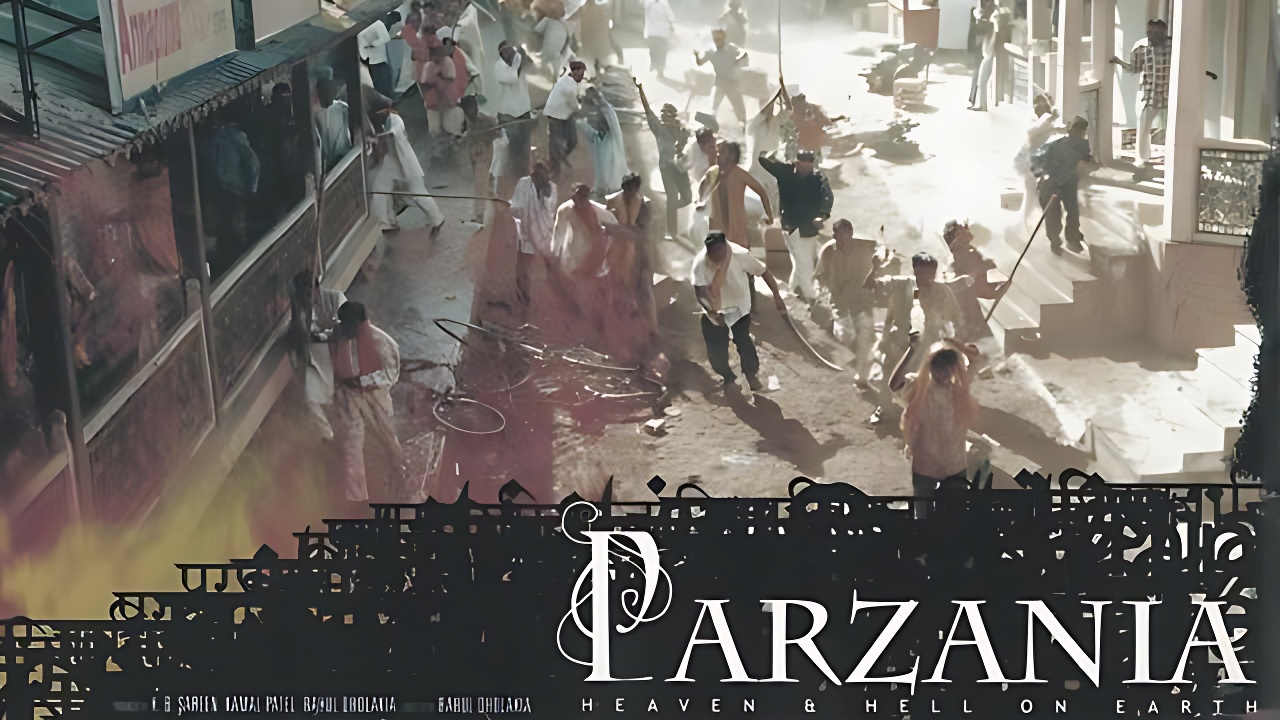
FILM
Parzania
“Parzania” is a 2007 Indian film that tells the story of a Parsi family’s search for their missing son during the 2002 Gujarat riots. The film was banned in the state of Gujarat by the government, allegedly due to pressure from right-wing groups who objected to its portrayal of the riots and a controversial political figure. It didn’t go well with the censor board and was banned. Later, it received a go-ahead for digital viewership.
-
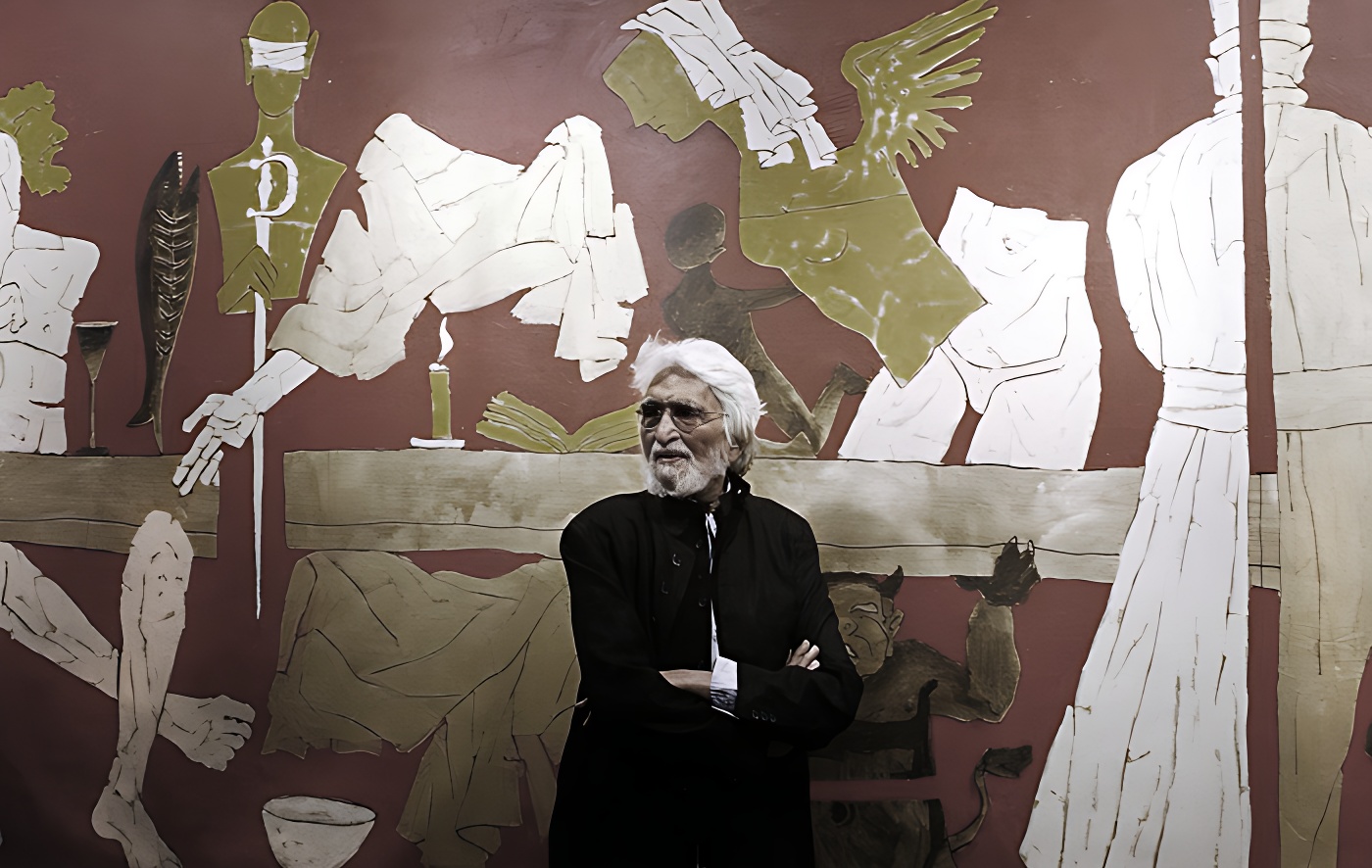
ARTIST
Maqbool Fida Husain
M.F. Husain was a renowned Indian artist known for his bold and provocative paintings. In 1996, he sparked controversy with his portrayal of Hindu goddesses, which led to protests and legal action against him. The controversy reached a boiling point in 2006, when right-wing groups attacked Husain’s Mumbai gallery and vandalized his artwork. A warrant was issued for his arrest after he did not appear at a hearing, though this warrant was later suspended. Husain lived in self-imposed exile from 2006 until his death (2011).
-
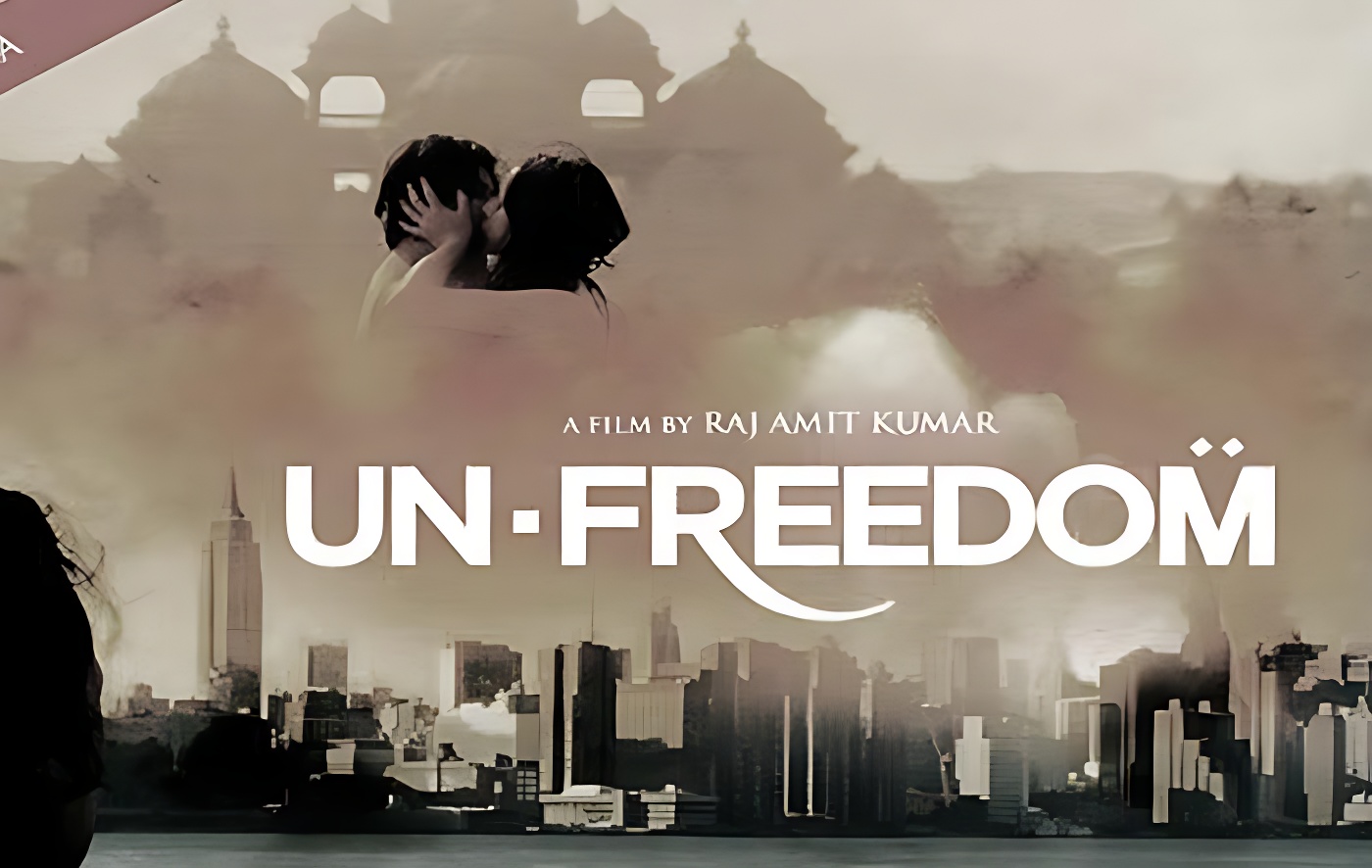
Un-Freedom
The film was denied a rating by the Censor Board. The film examined same sex relationships and religious fundamentalism in India. The director Raj Amit Kumar was told by the Board that film will cause clashes between Hindus and Muslims, and will provoke “unnatural passions”. The film later allowed to stream through Netflix in India
-
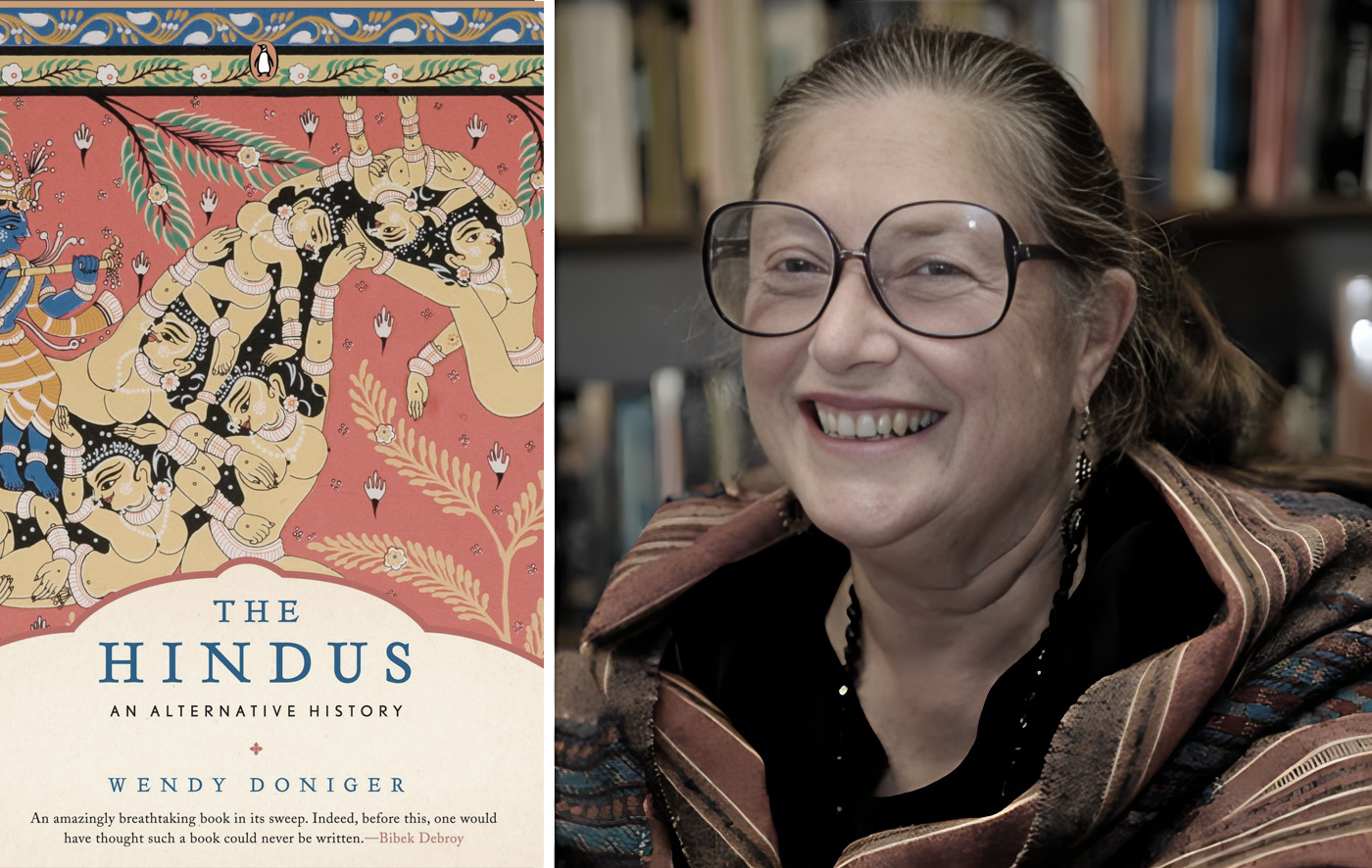
Indologist Author, Scholar of Sanskrit
Wendy Doniger
Wendy Doniger is an American Indologist and author known for her work on Hinduism. In 2009, she published a book titled “The Hindus: An Alternative History,” which examines the religious and cultural history of Hinduism from a non-traditional perspective. However, the book faced criticism from some Hindu nationalist groups who deemed it offensive and insulting to their religious beliefs. In 2014, Penguin Books India agreed to withdraw and pulp all available copies of the book following a legal dispute and pressure from the Hindu right-wing. Critics accused the Hindu right-wing of attempting to silence academic research and intimidate scholars who challenge their religious beliefs. The withdrawal of Doniger’s book was widely condemned by the academic community and free speech advocates, who saw it as a threat to academic freedom and the right to free expression.
-
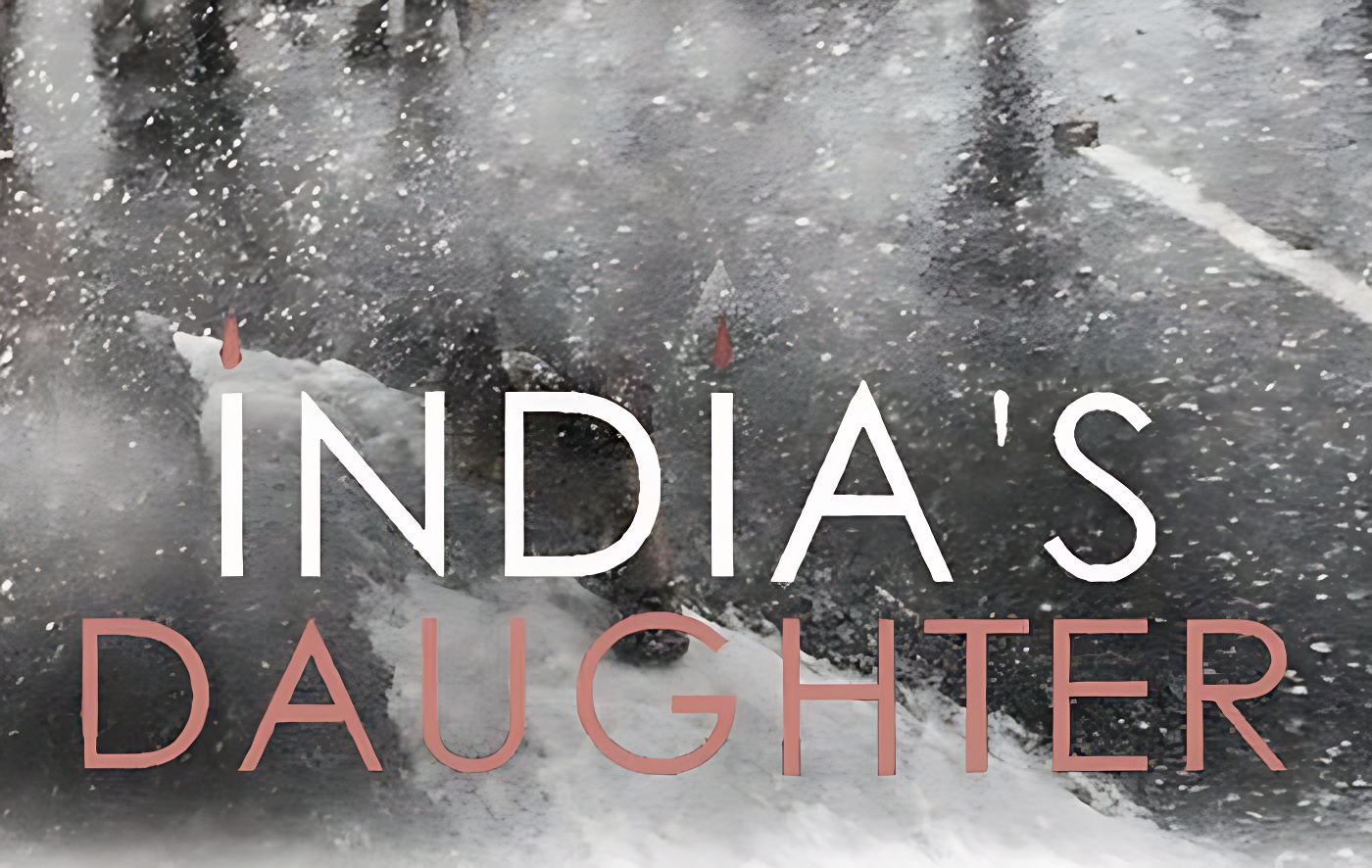
Documentary
India's Daughter
“India’s Daughter” is a documentary film directed by Leslee Udwin that examines the 2012 Delhi gang-rape and murder case. The film includes an interview with one of the convicted rapists, who provides insight into the mindset and motivations behind the crime. However, the film was banned in India by the government, citing concerns that it could incite public disorder and harm the country’s reputation. The movie was uploaded to YouTube and the Indian government requested it be removed.
The film led to a renewed conversation about women’s rights and sexual violence in India and elsewhere. Udwin is a prominent human rights activist and speaker.
-
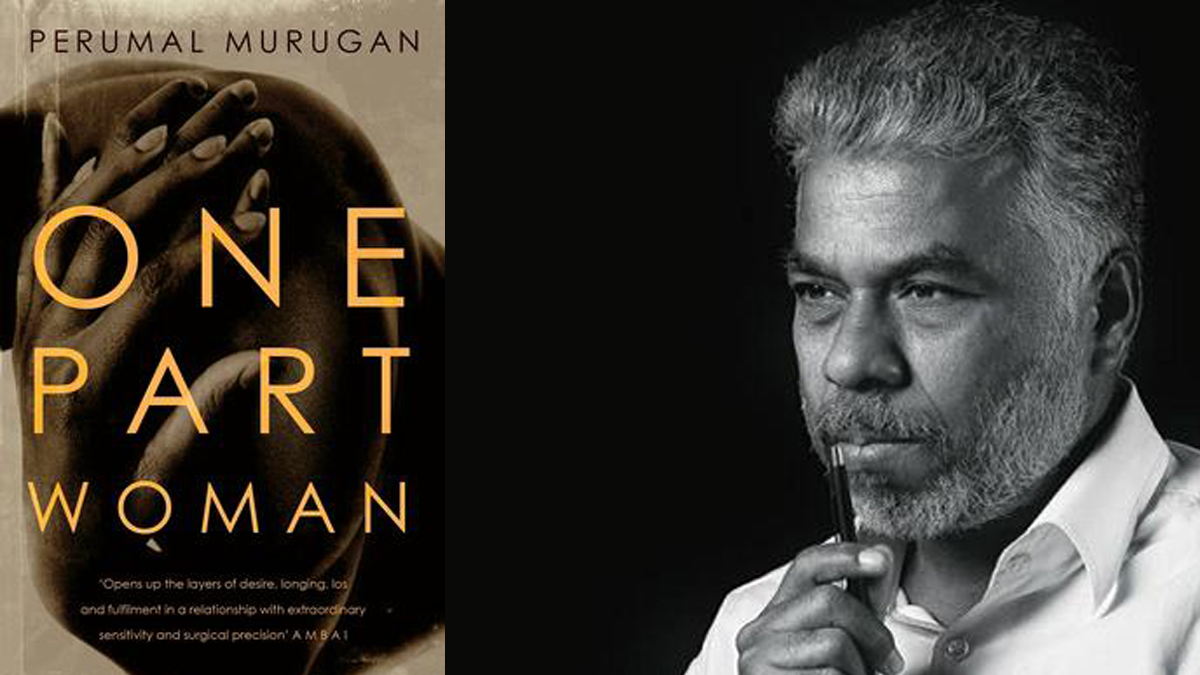
Book
One Part Woman
Perumal Murugan, a Tamil writer, faced controversy and protests over his novel ‘One Part Woman.’ The book depicted the struggles of a couple facing societal stigma due to infertility. Local groups objected to the fictional portrayal of temple traditions, leading to protests and pressure on Murugan to apologize and withdraw the book. Frustrated, he announced his retirement from writing in January 2015. This incident raises important questions about freedom of speech and the challenges faced by artists who tackle sensitive subjects. It highlights the delicate balance between artistic expression and cultural sensitivities in society.
-
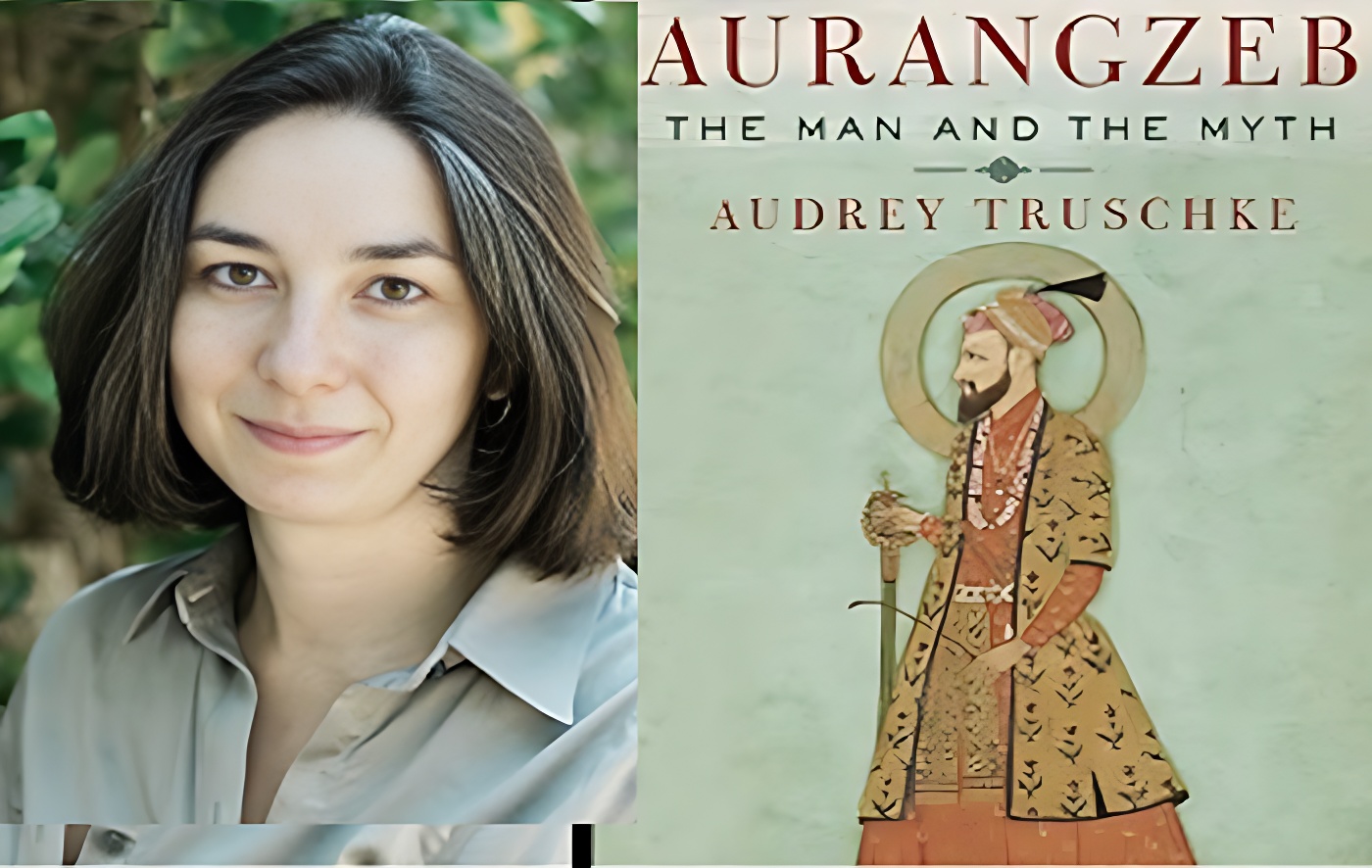
Historian & Author
Audrey Truschke
Audrey Truschke is an American historian and academic who specializes in the study of early modern and modern South Asia. She has published extensively on a range of topics related to Indian history and culture, including the Mughal Empire, Sanskrit literature, and Hindu-Muslim relations.
Truschke has been accused by some members of the Hindu right wing of promoting anti-Hindu and anti-nationalist views. She has received threats and abuse online, and some of her talks and public appearances in India have been disrupted or cancelled due to protests.
Audrey Truschke has been vocal in her criticism of Hindutva and its exclusive ideology. Her work and language have frequently been the target of hate mail from those associated with Hindutva. Truschke has responded to the increasing harassment of South Asian scholars by forming a collective with other scholars in 2021. The group launched the “Hindutva Harassment Field Manual,” which aims to provide resources to help counter the assault on Hindu rights. The manual is an important step towards combating the harassment faced by scholars who challenge the dominant narrative promoted by Hindutva, and promoting a more nuanced and accurate understanding of Indian history and culture.
-
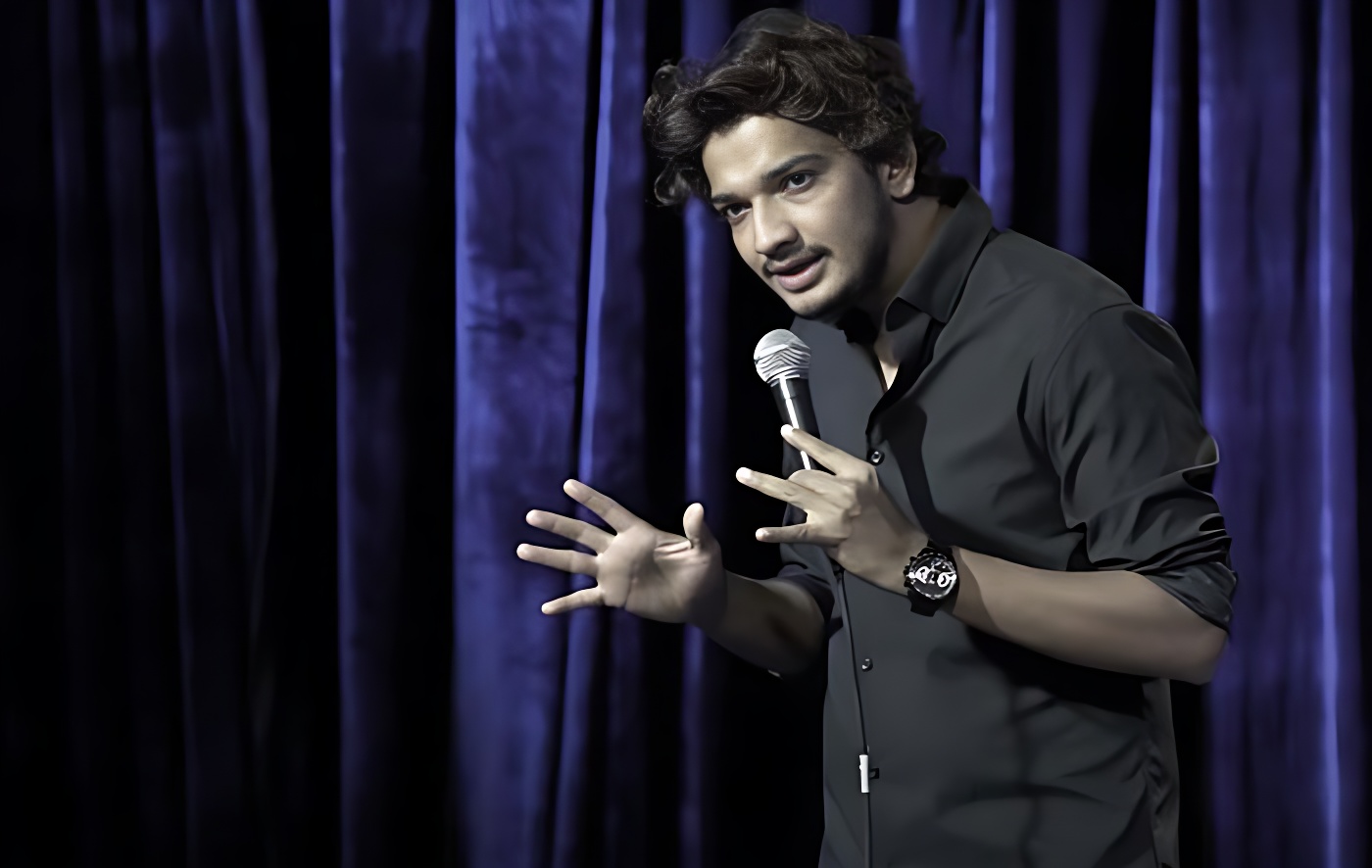
Stand-up Comedian
Munawar Iqbal Faruqui
Munawar Iqbal Faruqui is an Indian stand-up comedian who was on a tour performing comedy in various cities across India. During his performance at Munro Cafe in Indore, Madhya Pradesh on January 1, 2021, he was interrupted by Eklavya Singh Gaur, son of BJP MLA Malini Gaur, who accused him of making derogatory jokes about Hindu deities and the Minister of Home Affairs of India, Amit Shah. The following day, Faruqui was arrested by Madhya Pradesh Police in the middle of his act, citing hate speech laws. Despite lacking evidence against Faruqui, he was still detained. The incident sparked controversy and raised concerns about free speech and expression in India, particularly for those who challenge dominant narratives and power structures.
-
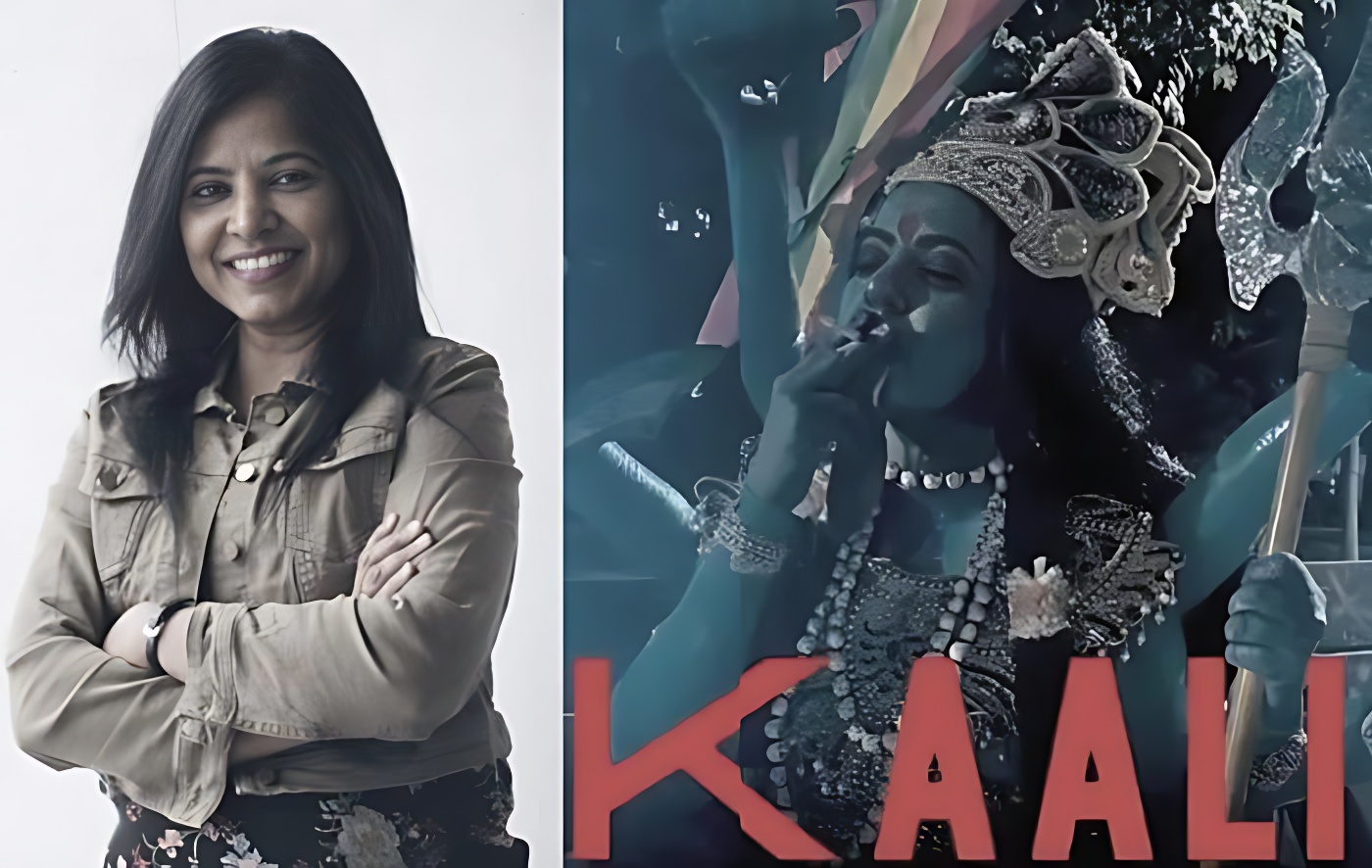
Documentary Film Maker
Leena Manimekalai
During the summer of 2022, Leena Manimekalai, a filmmaker hailing from Madurai and currently based in Toronto, took to Twitter to share a poster for her upcoming documentary. However, the poster drew intense criticism on social media for allegedly hurting religious sentiments with the depiction of Goddess Kaali. The poster featured a woman dressed in the Goddess’s costume and smoking, with a flag of the LGBT community in the background. This imagery did not sit well with a section of social media users who demanded its immediate withdrawal, with some even calling for strict action against the filmmaker. As a result, the hashtag ‘#ArrestLeenaManimekal’ began trending on Twitter. The Indian High Commission further amplified the controversy by urging Canadian authorities to withdraw the poster.
-
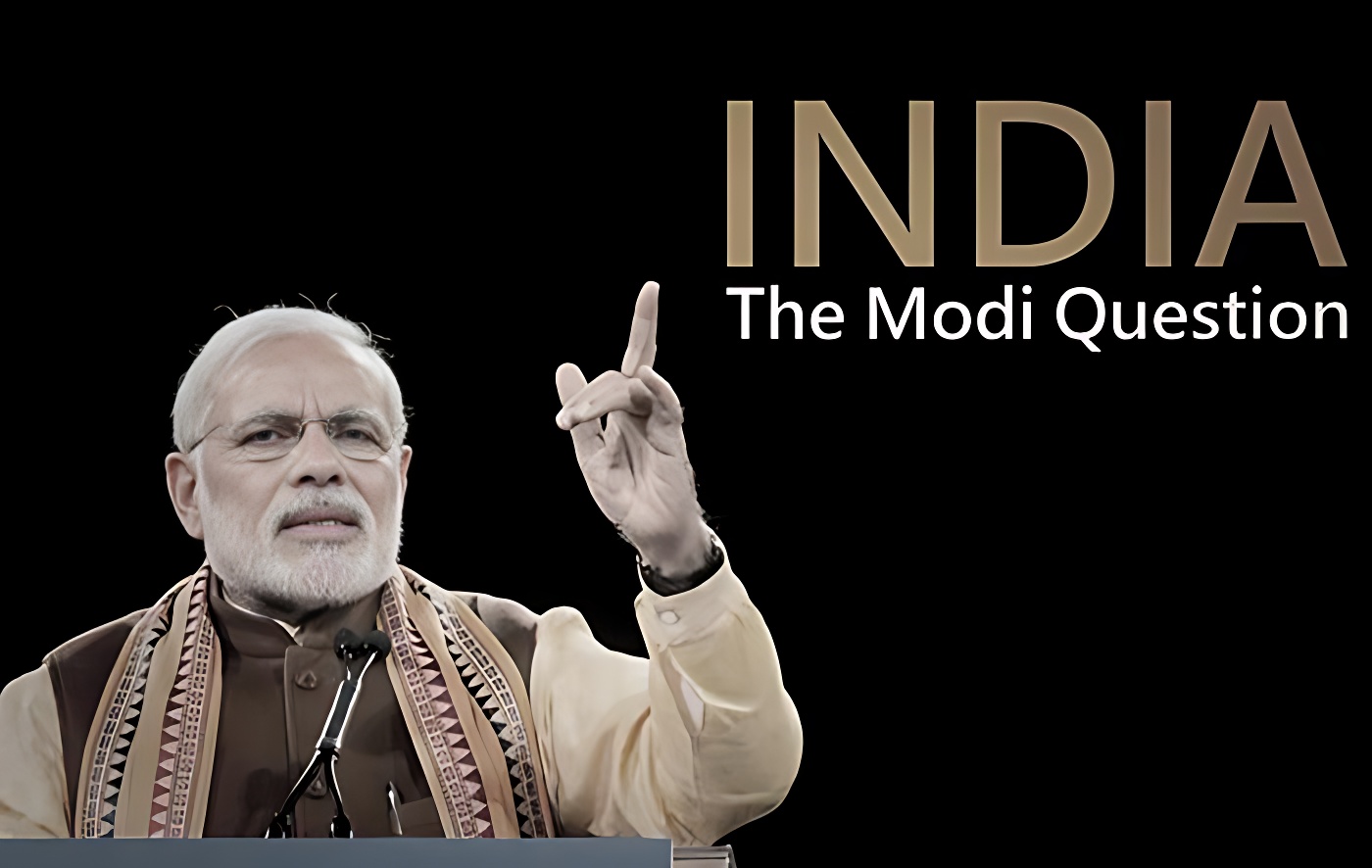
Documentary
The Modi Question
January 2023, the British Broadcasting Corporation (BBC) aired a two-part documentary series called “The Modi Question,” which explores how Indian Prime Minister Narendra Modi rose through the ranks of the Bharatiya Janata Party during his tenure as Chief Minister of Gujarat. Although the documentary initially aired in the UK, it quickly gained attention in India after unauthorized clips surfaced on social media platforms. This led to the Indian government blocking the documentary from being broadcasted on Indian platforms. Despite the controversy surrounding the documentary, it has sparked discussions and raised questions about Modi’s political career and the Bharatiya Janata Party’s rise to power in India.
Meet us
Production Team

